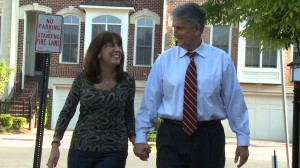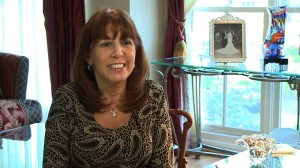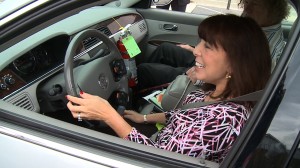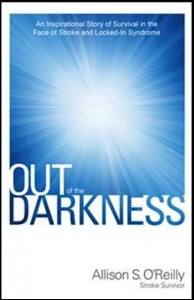 This past weekend was our 23rd wedding anniversary. After, 23 years, the celebration is a bit low key, but since my stroke, everyday is a celebration.
This past weekend was our 23rd wedding anniversary. After, 23 years, the celebration is a bit low key, but since my stroke, everyday is a celebration.
You must take your vows seriously. When you say “in sickness and in health” you never know what fate will bring you. I have a wonderful husband and we say “I love you” each day, a few times. He also makes me laugh.
In 1994, the National Health Interview Survey conducted a study on 50,000 households. Out of these households, the ones with spouses that were disabled were much more likely to be divorced or separated (20.7 percent), while only 13.1 percent of the households had been through a divorce without any disability as a factor.
Relationships are important for everyone. Everyone needs to feel loved and valued as a person, and we all need people to talk to and spend time with. Having positive relationships helps people to feel satisfied with their lives and gives people a sense of belonging and self-worth.
After brain injury or stroke, relationships become even more important. Positive relationships can help with recovery in many ways. When people are facing many new challenges, they need to have people they can talk to about their thoughts and feelings. Talking with a spouse, close friend or relative is a great way to cope with and come to accept injury-related changes. Talk to the important people in your life and find ways to tell them how much they mean to you.
I am grateful for Kevin and our happy marriage. I look forward to many more, healthy, happy years.
Has your relationship been tested by a trauma?
How did you handle it?


